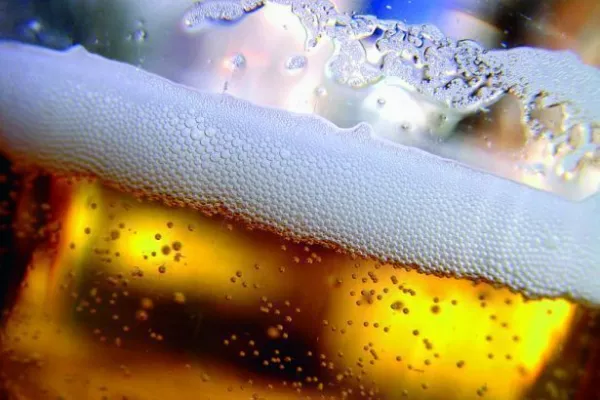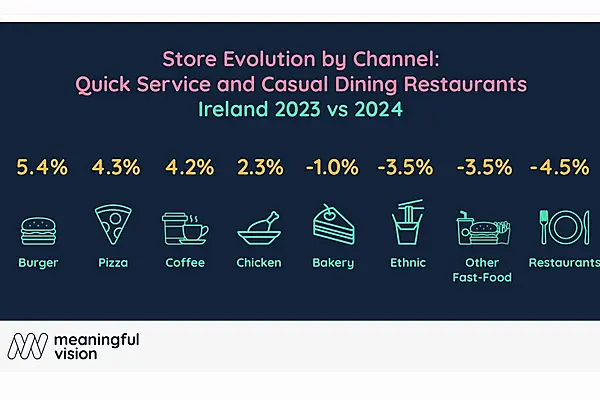Drinks Ireland has said that the European Council's preliminary adoption of the revised EU excise structures directive on June 25 means the structural discrimination between different alcoholic beverage categories will further widen, to the detriment of Irish craft distillers, product innovation and consumer choice.
Drinks Ireland Statement
Drinks Ireland stated, "In taking this decision, member states, including Ireland, decided not to extend the reduced rate of excise to smaller craft distillers and other spirits sector SMEs. This decision increases distortion and discrimination in the single market as the revised text creates additional tax privileges for some alcoholic beverage categories but does not offer the same opportunity to others.
"Drinks Ireland|Spirits believes that excise tax reform should ensure that all craft drinks producers can access relief schemes. Under the current rules, small brewers are allowed to produce 1,000 times the amount of pure alcohol that start-up distillers can produce before full excise rates apply. This means a craft brewer can produce 1,000,000 litres of beer before full excise applies, whereas craft distillers can only produce 1,000 litres before a (much higher) excise rate is charged.
"Commercially, this allows a craft brewer to generate around €15 million revenue each year before paying full excise, while a craft distiller can only generate about €30,000. The net result is a 50% tax break for the craft brewer and 0% tax break for a low-alcohol spirit-based drinks producer.
"The decision by member states will only aggravate this distortion of, and further entrench discrimination in, the single market.
"Reduced tax rates can facilitate product innovation. It is illogical, however, that these reduced rates are not applied equally across all alcoholic beverages categories. Ireland's highly innovative SME distillers deserve better than the discriminatory treatment that has been outlined in this decision. They produce high-quality products and generate growth and jobs throughout the country.
"During the COVID-19 crisis, smaller distilleries in rural areas in particular stepped up and supported both their local communities and central government by switching production to produce alcohol gel hand sanitiser. Now, they have seen a decision taken which fails to give them the structural support they need to aid in their post-COVID-19 recovery."
© 2020 Hospitality Ireland – your source for the latest industry news. Article by Dave Simpson. Click subscribe to sign up for the Hospitality Ireland print edition.









